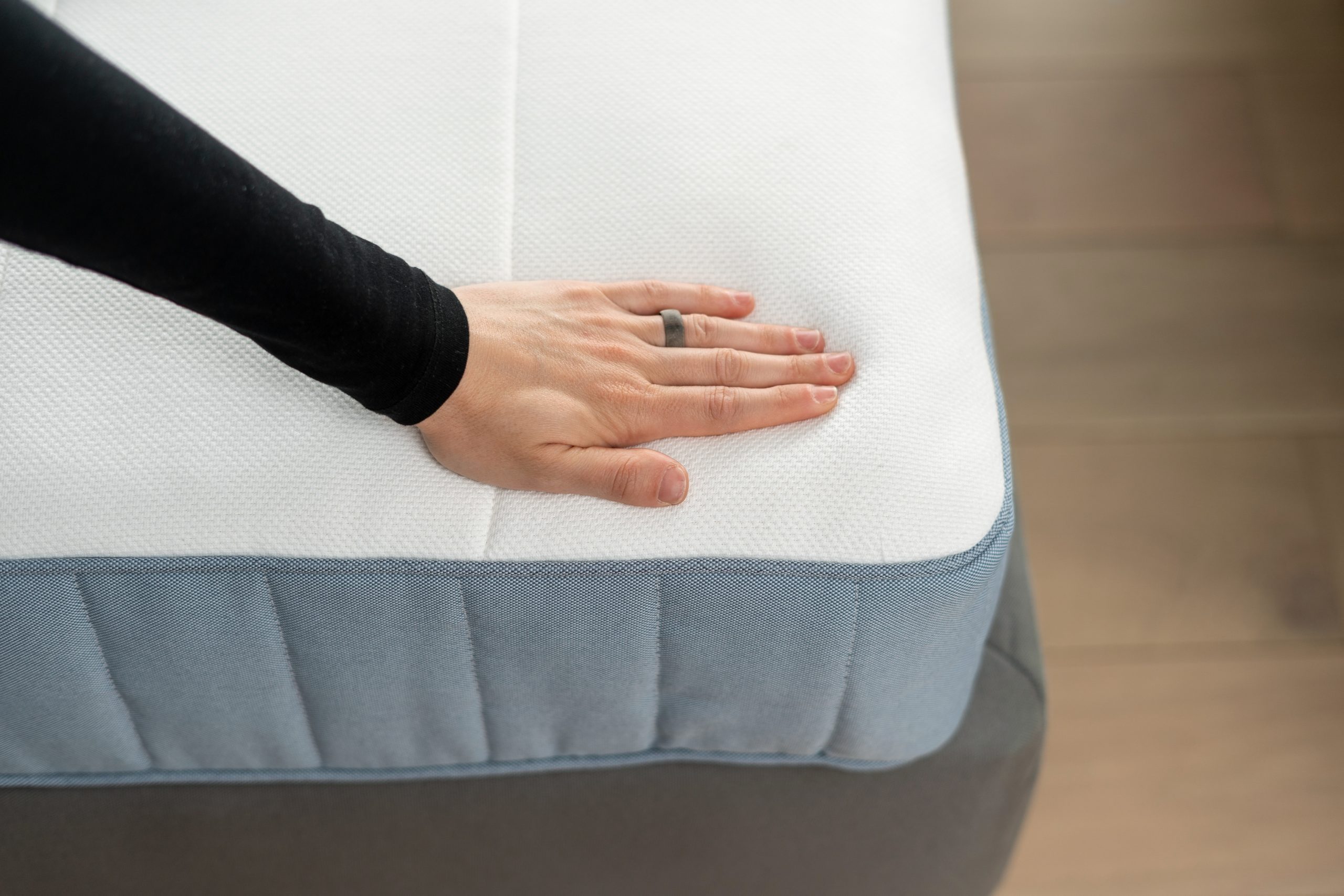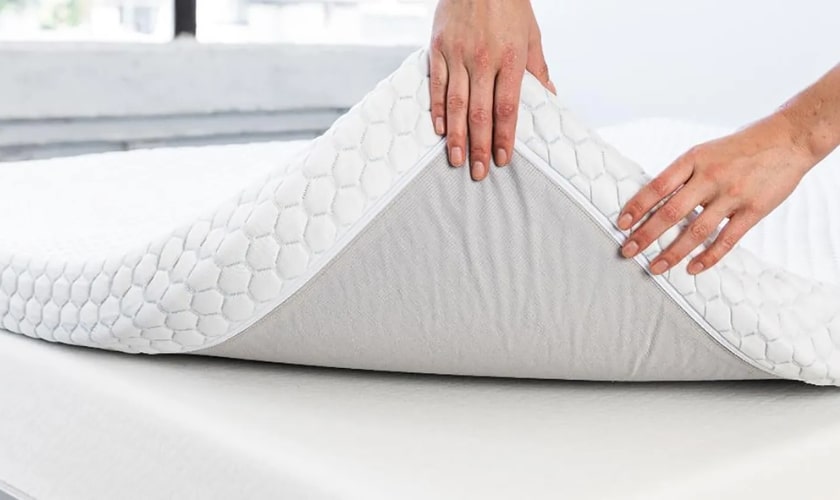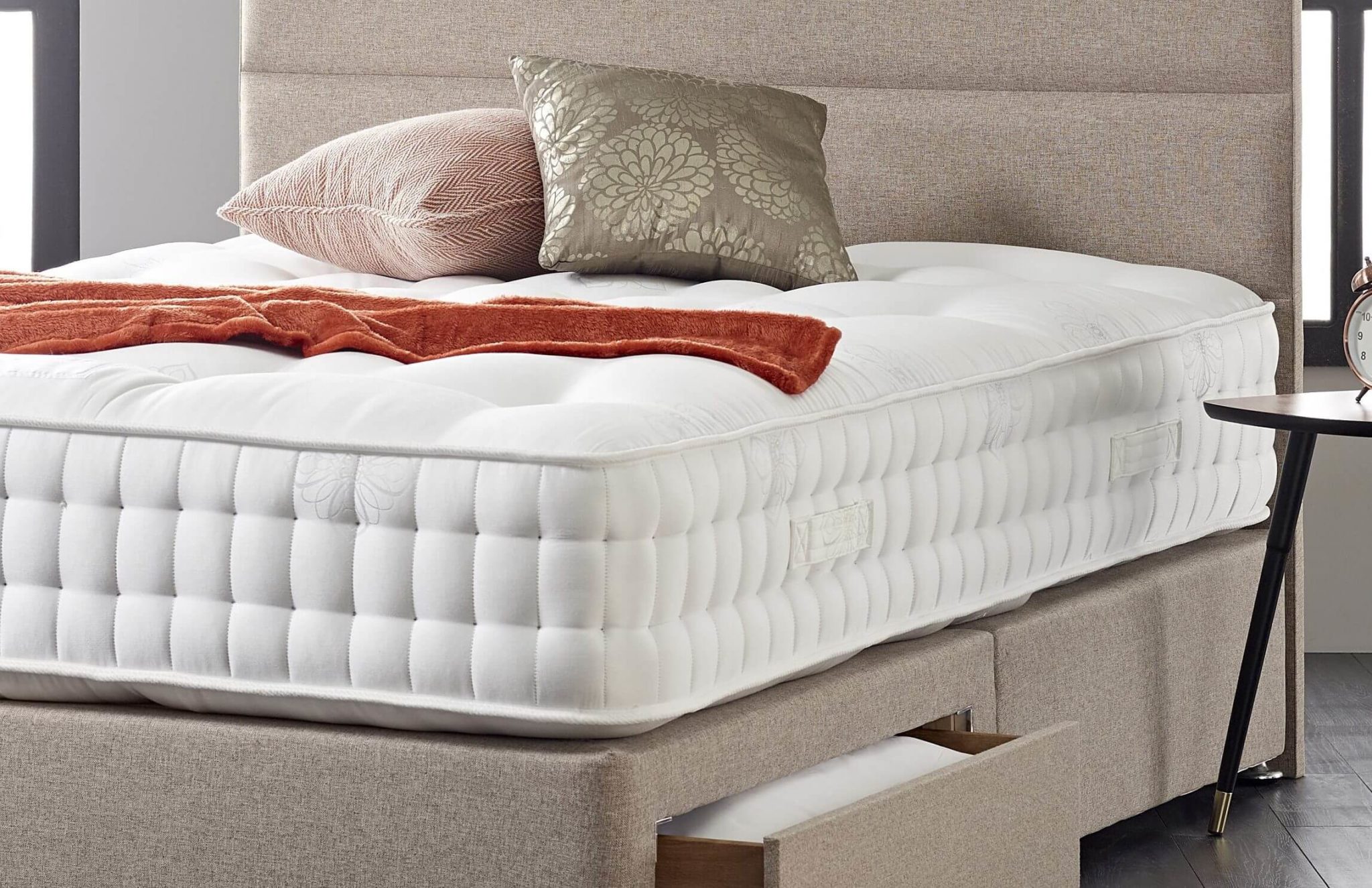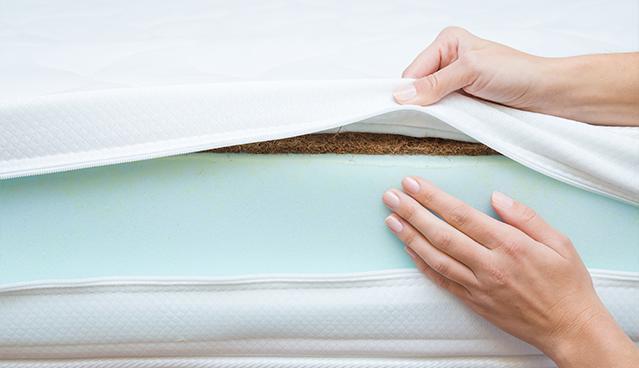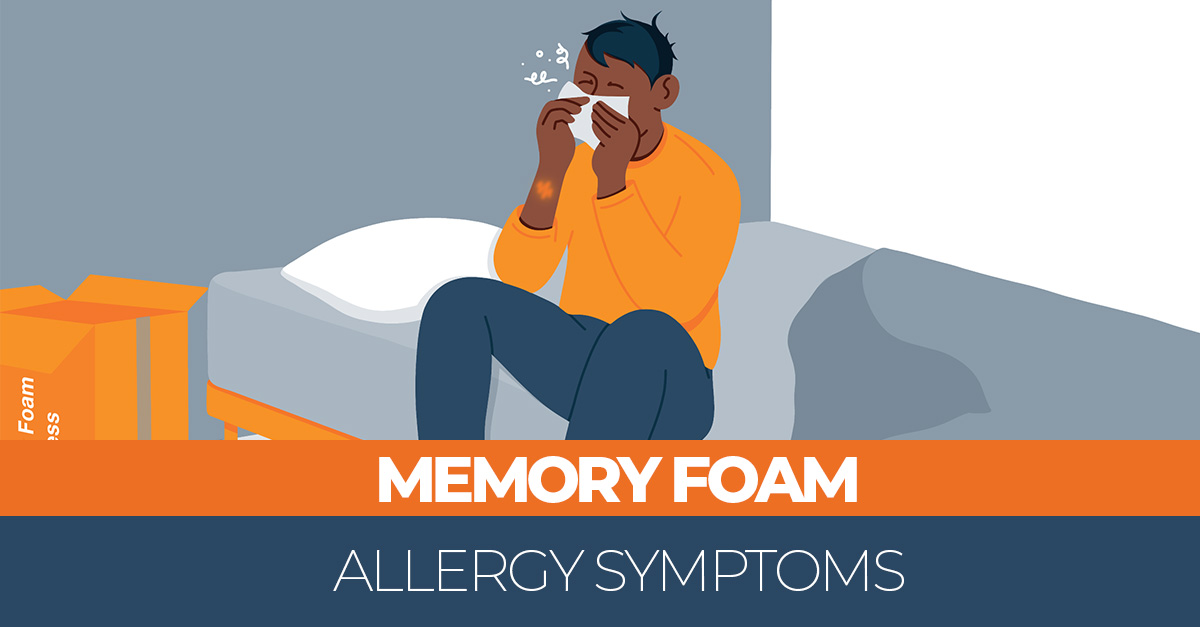If you've recently purchased a memory foam mattress and have noticed an increase in skin irritation, you may be suffering from a skin allergy to your new mattress. While memory foam mattresses are known for their comfort and support, they can also be a source of allergens for some people. In this article, we'll discuss the symptoms, causes, and treatment options for memory foam mattress allergies so you can enjoy a restful night's sleep without any discomfort.Memory Foam Mattress Allergies: Symptoms, Causes, and Treatment
It can be difficult to determine if your skin irritation is caused by an allergy to your memory foam mattress or another factor. However, there are a few key signs that can help you identify a potential allergy. These include:How to Tell If You're Allergic to Your Memory Foam Mattress
Memory foam mattresses are made from a combination of materials, including polyurethane foam, which can release volatile organic compounds (VOCs) into the air. These VOCs can trigger allergic reactions in some individuals, causing skin irritation and respiratory issues. Additionally, memory foam mattresses can also harbor dust mites, a common allergen, and can be problematic for those with latex allergies as some mattresses may contain latex foam. To avoid these potential allergens, it's important to choose a high-quality, hypoallergenic memory foam mattress. Look for mattresses that are certified by CertiPUR-US®, which ensures that the foam used in the mattress is free from harmful chemicals and low in VOC emissions. You can also opt for a memory foam mattress with a removable and washable cover, making it easier to remove any allergens from the surface.Understanding Memory Foam Allergies and How to Avoid Them
If you suspect that you have a skin allergy to your memory foam mattress, it's essential to understand the potential causes and treatment options. Allergies can develop over time, so even if you've been sleeping on your mattress for a while without any issues, it's still possible to develop an allergy. It's also important to note that allergies can vary in severity, with some people experiencing mild symptoms, while others may have a more severe reaction.Memory Foam Mattress Allergy: What You Need to Know
If you're in the market for a new memory foam mattress, there are a few key features to look for to ensure it's hypoallergenic. These include:How to Choose a Hypoallergenic Memory Foam Mattress
If you're already experiencing skin allergies from your memory foam mattress, there are a few steps you can take to help alleviate symptoms and prevent further irritation. These include:Dealing with Skin Allergies Caused by Memory Foam Mattresses
In addition to the steps mentioned above, there are a few other ways to find relief from skin allergies caused by your memory foam mattress. These include:Memory Foam Mattress Allergy: Tips for Relief and Prevention
In addition to VOCs and dust mites, there are a few other common allergens that can be found in memory foam mattresses. These include:Common Allergens in Memory Foam Mattresses and How to Avoid Them
If your skin allergy symptoms persist or worsen, it's important to consult with a healthcare professional for proper diagnosis and treatment. They may recommend allergy testing to determine the specific allergen causing your reaction and prescribe medication or other treatments to alleviate symptoms.Memory Foam Mattress Allergy: Symptoms, Causes, and Treatment Options
To prevent allergies and keep your memory foam mattress in top condition, follow these cleaning and maintenance tips:How to Clean and Maintain Your Memory Foam Mattress to Prevent Allergies
The Link Between Memory Foam Mattresses and Skin Allergies

What is a Memory Foam Mattress?
 A memory foam mattress is a popular type of mattress that is made from a viscoelastic material. This material is designed to conform to the shape of your body, providing support and pressure relief. Memory foam mattresses are known for their ability to reduce motion transfer, making them a popular choice for couples and those who have trouble sleeping due to their partner's movements.
A memory foam mattress is a popular type of mattress that is made from a viscoelastic material. This material is designed to conform to the shape of your body, providing support and pressure relief. Memory foam mattresses are known for their ability to reduce motion transfer, making them a popular choice for couples and those who have trouble sleeping due to their partner's movements.
What Causes Skin Allergies to Memory Foam Mattresses?
Common Symptoms of Skin Allergies to Memory Foam Mattresses
 Skin allergies to memory foam mattresses can manifest in various ways, from mild irritation to more severe symptoms. Some common symptoms include redness, itching, and rashes on the skin. In more severe cases, individuals may experience hives, swelling, and even difficulty breathing. It is essential to pay attention to any changes in your skin after sleeping on a memory foam mattress and consult a doctor if you experience any concerning symptoms.
Skin allergies to memory foam mattresses can manifest in various ways, from mild irritation to more severe symptoms. Some common symptoms include redness, itching, and rashes on the skin. In more severe cases, individuals may experience hives, swelling, and even difficulty breathing. It is essential to pay attention to any changes in your skin after sleeping on a memory foam mattress and consult a doctor if you experience any concerning symptoms.
Preventing Skin Allergies from Memory Foam Mattresses
 If you are considering purchasing a memory foam mattress but are concerned about potential skin allergies, there are a few steps you can take to prevent reactions. Look for mattresses that are certified by CertiPUR-US, which ensures that the foam used is free from harmful chemicals. You can also opt for a natural latex mattress, which is a more eco-friendly and hypoallergenic alternative to memory foam. Additionally, using a hypoallergenic mattress cover can create a barrier between your skin and the mattress, reducing the risk of skin allergies.
If you are considering purchasing a memory foam mattress but are concerned about potential skin allergies, there are a few steps you can take to prevent reactions. Look for mattresses that are certified by CertiPUR-US, which ensures that the foam used is free from harmful chemicals. You can also opt for a natural latex mattress, which is a more eco-friendly and hypoallergenic alternative to memory foam. Additionally, using a hypoallergenic mattress cover can create a barrier between your skin and the mattress, reducing the risk of skin allergies.
Conclusion
 Memory foam mattresses offer many benefits, but they may not be suitable for everyone. If you experience skin allergies when using a memory foam mattress, it is essential to take steps to prevent reactions and consult a doctor if symptoms persist. By understanding the link between memory foam mattresses and skin allergies and taking precautions, you can ensure a comfortable and healthy sleep.
Memory foam mattresses offer many benefits, but they may not be suitable for everyone. If you experience skin allergies when using a memory foam mattress, it is essential to take steps to prevent reactions and consult a doctor if symptoms persist. By understanding the link between memory foam mattresses and skin allergies and taking precautions, you can ensure a comfortable and healthy sleep.



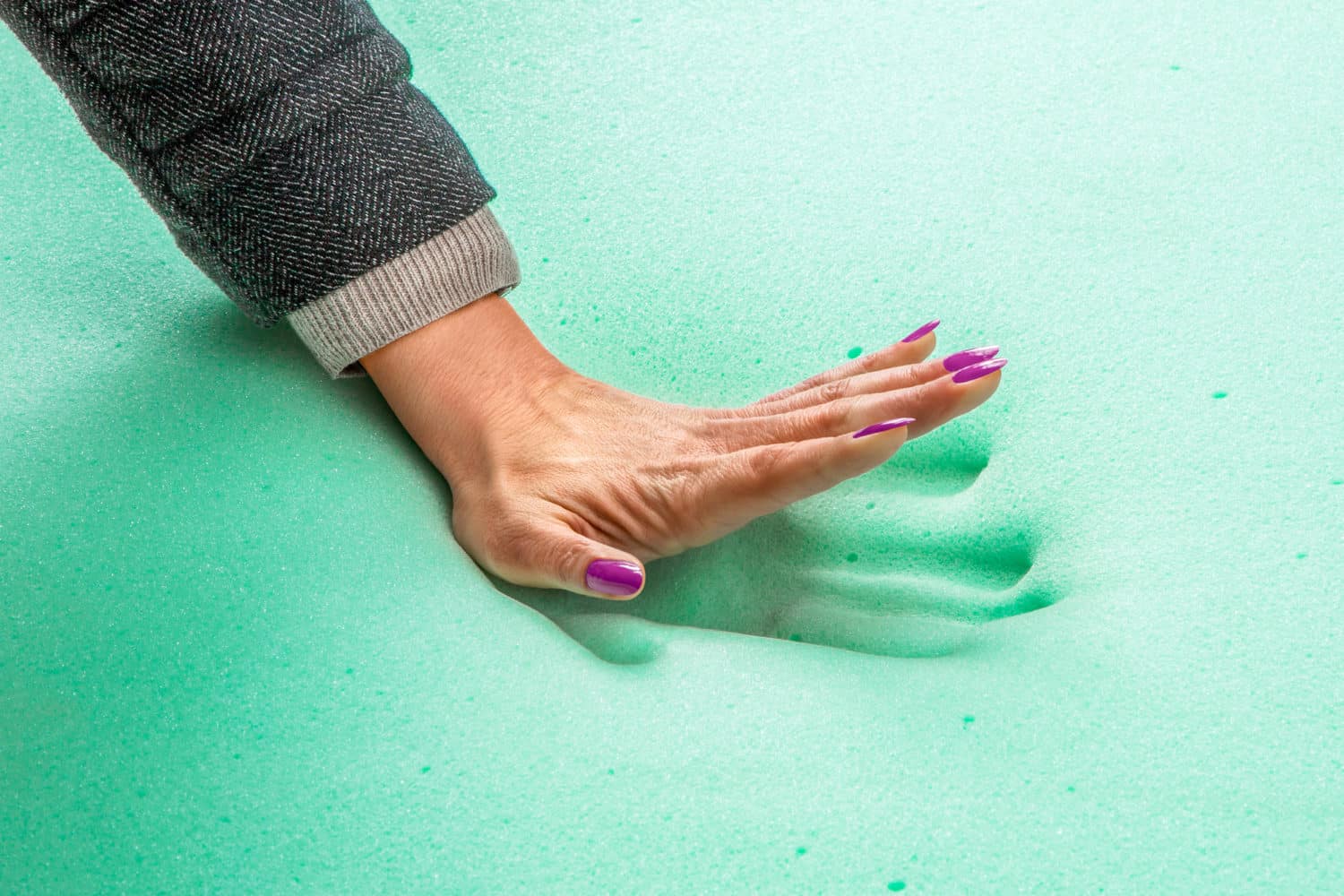




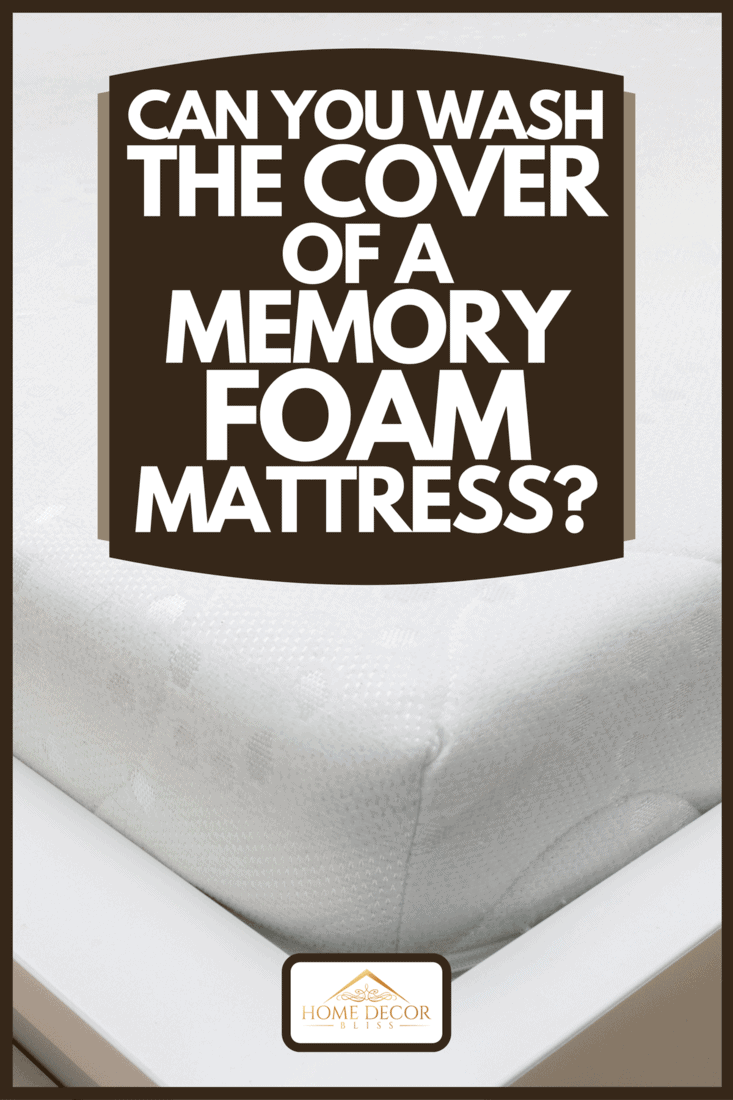





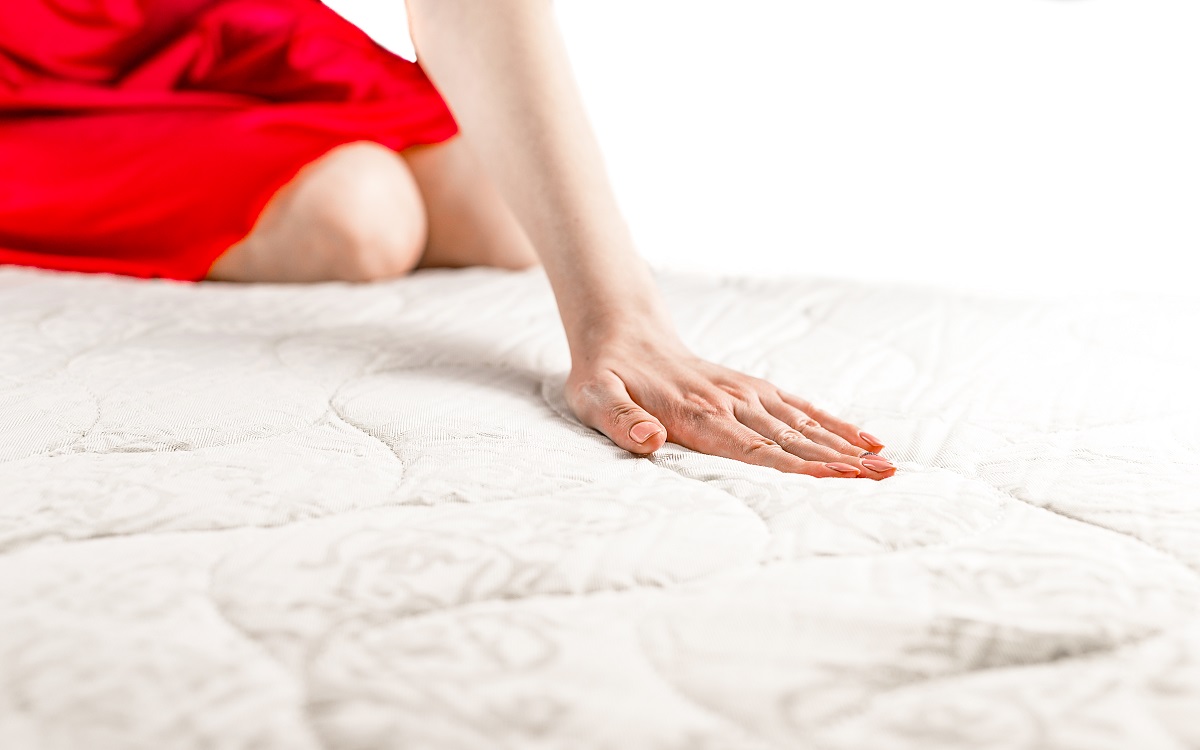
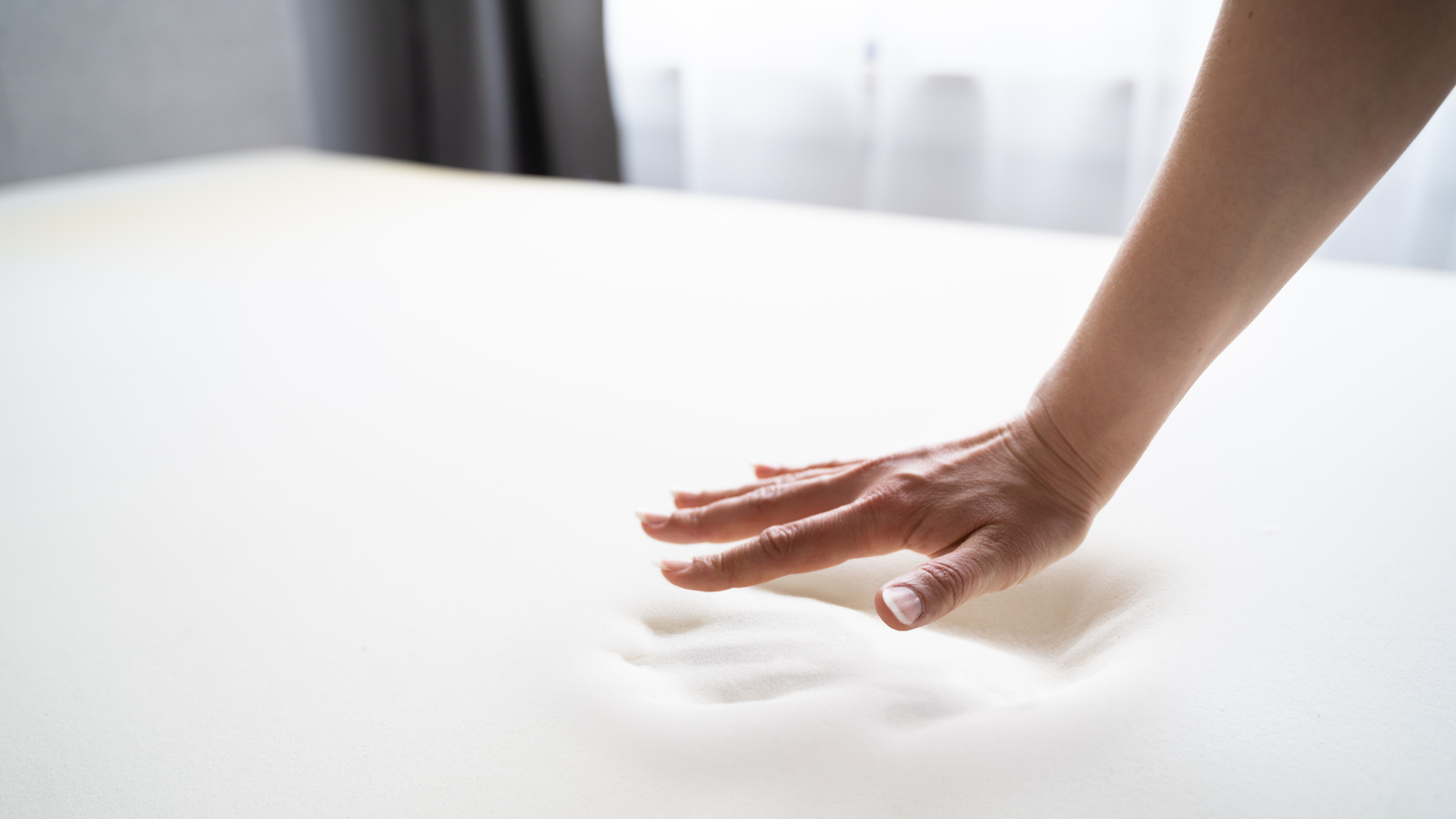








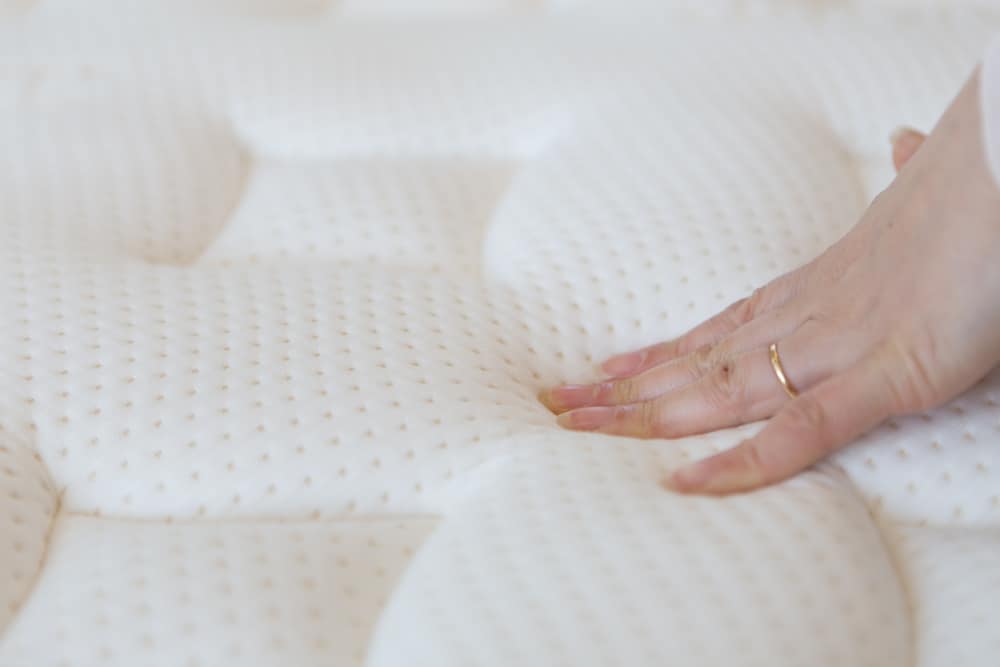



































:max_bytes(150000):strip_icc()/the-most-common-food-allergies-1324134-FINAL-545b394b1d724c7faf278a4e1e552679.jpg)


:max_bytes(150000):strip_icc()/VWH_Illustration_Allergen-Types-and-Triggers_Illustrator_Sydney-Saporito_Final-00bb7f7393d6436e9dc347e85a0ec0b3.jpg)
